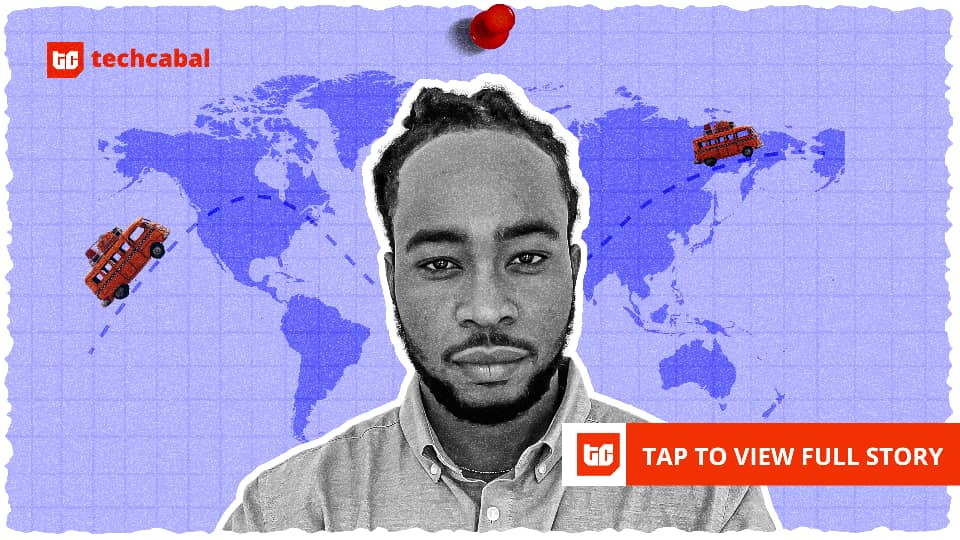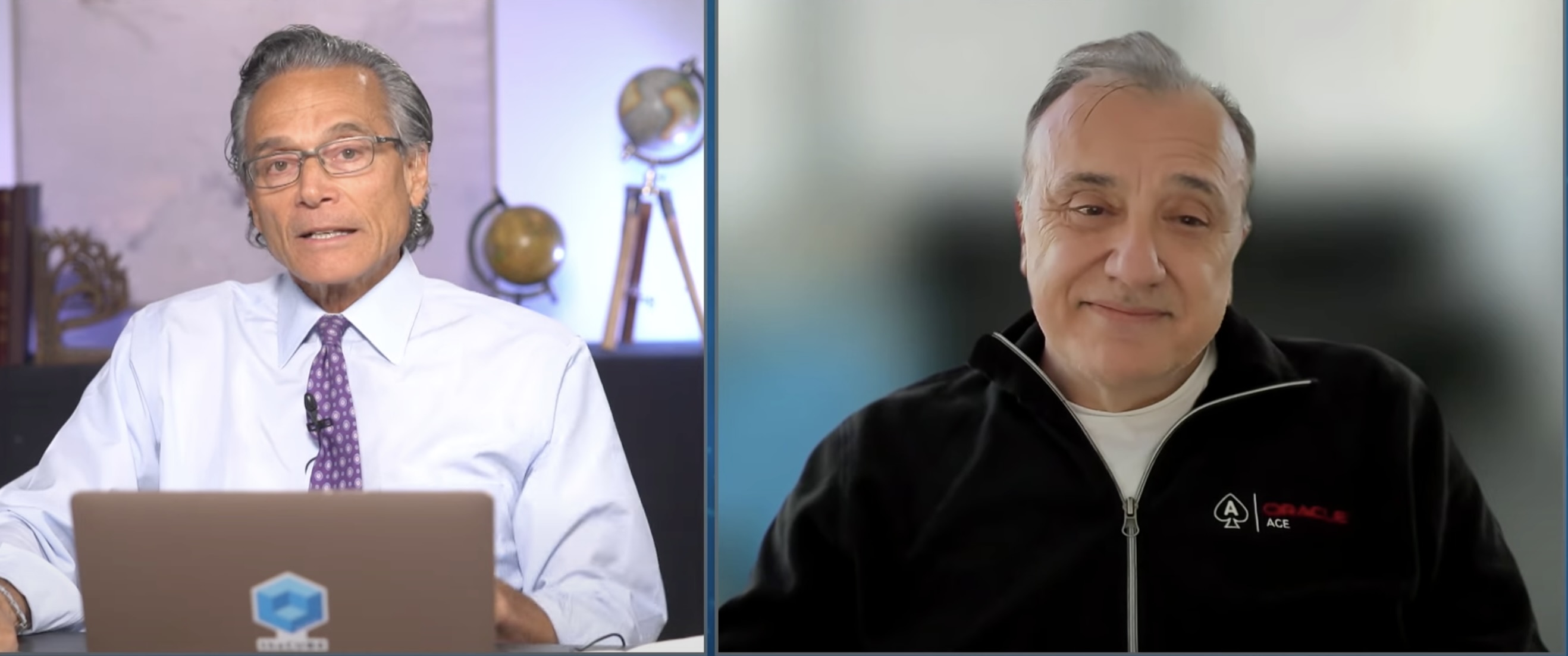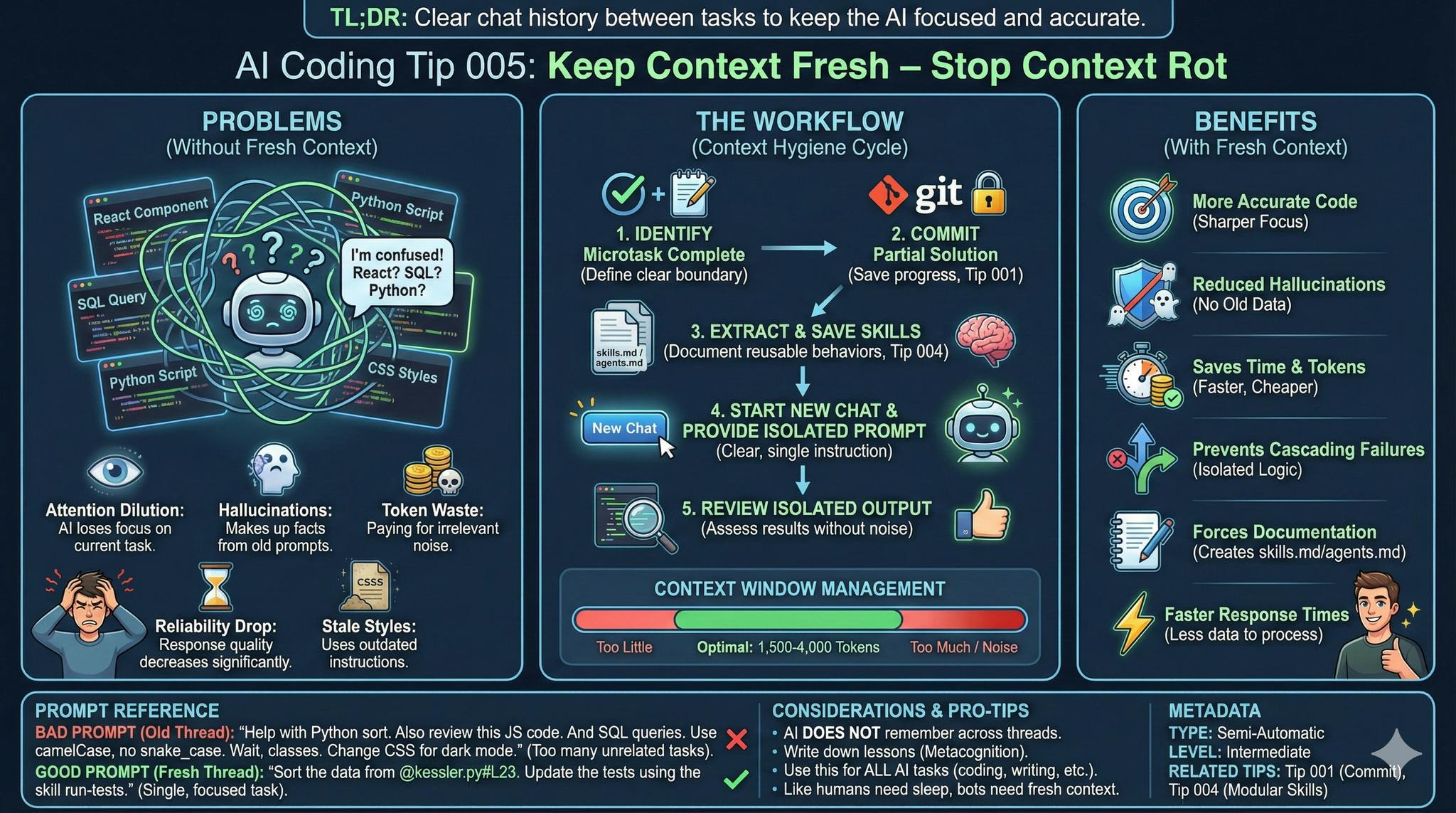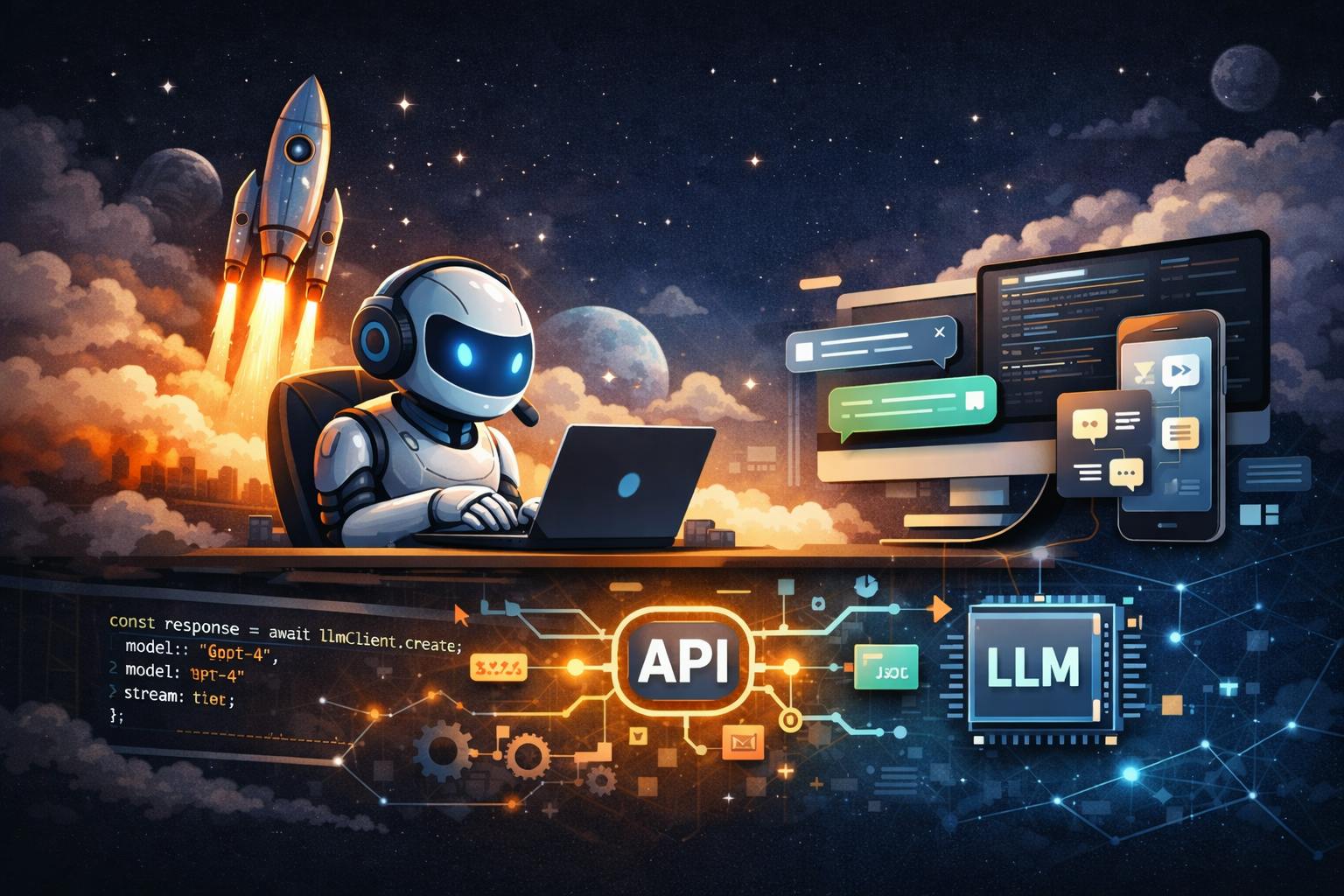Every digital product we use, from mobile banking to newer emerging technologies like blockchain, depends on a quiet layer of work we rarely see. Servers hum, code runs, networks talk to each other, and everything stays alive because someone makes sure it does.
In Slough, a town west of London, UK, one of those people is Mark Irozuru, who leads the DevOps team at Botanix Labs, a blockchain research company building a new network on top of Bitcoin.
“DevOps is about keeping things stable,” said Irozuru. “You only notice us when something breaks.”
Irozuru spends his days making sure the systems that move money and data stay reliable. He and his team maintain the invisible infrastructure that powers Botanix’s Layer 2 blockchain—a network that allows people to send Bitcoin faster and use it for more than storing value.
At first, his work sounds abstract; he’s plumbing data and optimising code pipelines, completing blockchain and validator audits, and ensuring uptime. But underneath it is a craft built on discipline, precision, and patience, to build a highly technical product he believes will “change the game” for millions of users.
Finding a path in Web3
Irozuru relocated to the UK in 2022 through the study route. Before then, he lived in Nigeria and worked remotely as a DevOps engineer at a crypto startup. Life was predictable: morning workouts, long hours of code, power cuts, and calls across time zones.
He liked the rhythm, but over time, a mix of safety worries and a sense that he had reached a ceiling in his career nudged him to look abroad.
He chose the UK, where he studied cybersecurity at Bournemouth University. The move gave him a window into how global tech teams operate.
“London’s tech community is one of the best in the world,” said Irozuru. “The structure, the network, the speed. It forces you to grow.”
His path into blockchain had begun a few years earlier, through mentorship. He reached out to a senior engineer on LinkedIn, asking for guidance. That connection led him to a DevOps-as-a-Service company that supplied engineers to startups across the world.
One of those clients was a Web3 company experimenting with smart contracts and decentralised finance (DeFi).
“I was one of the first engineers to work directly under the CTO,” he said. “That project opened my eyes to how much the internet was changing.”
It was his first taste of blockchain infrastructure, a field that blends finance, cryptography, and engineering, where, as he puts it, the next frontier of tech is to build trust. As a DevOps engineer, his mission-critical task is to ensure Botanix, the layer 2 blockchain network being built by Botanix Labs, never has downtime. If it does, trust evaporates, especially at its early stages of development.
Building systems that never sleep
At Botanix Labs, Irozuru helps build a Layer 2 blockchain network on Bitcoin, which is designed to make transactions faster and to allow developers to build decentralised financial tools.
To understand how it works, imagine Bitcoin as a highway. It’s secure, but slow. Botanix’s Layer 2 is like an express lane built above it, one that moves faster but still connects back to the main road when needed.
The network runs on a system of independent computers called validators, said Irozuru. Each validator keeps a copy of the blockchain and checks that every transaction is legitimate. Together, they maintain a shared, unbreakable record of truth.
“Validators are like referees,” said Irozuru. “They make sure no one cheats and that every action is verified.”
His daily routine, he describes, starts with the gym, then breakfast, and then a stretch of technical work that can last all day. His team is scattered across Europe, Asia, and the United States, so collaboration is constant.
“I might be on a call at 3 a.m. with a validator in Singapore,” he said. “You learn to balance your energy because the system never stops. It has to keep running.”
In July, he led the Botanix mainnet launch—the live rollout of the blockchain network to users. It took months of testing, security checks, and coordination with 16 global validator partners, including mining operators in China and Europe.
“The auditing was intense,” he said. “We had to go through every partner’s security record, make sure their systems had never been compromised. It was weeks of sleepless nights.”
The launch was flawless. The network has maintained 100% uptime, and Irozuru calls it his proudest achievement.
“It’s beautiful when you see everything running perfectly,” he said. “You realise all the invisible hours mattered.”
For him, DevOps is about anticipating them and preventing chaos before it starts.
“People think DevOps is about firefighting,” he said. “It’s actually about engineering calmness. You design stability. You make things boring in a good way.”
Competing in the global Web3 DevOps market
Working in the UK has changed how Irozuru thinks about engineering. The competition is fierce, the expectations high, and the talent pool global.
“The market for senior DevOps engineers is tough,” he said. “There are fewer openings, and global companies want people who can deliver from day one. You have to keep learning.”
He acknowledged that his master’s degree in cybersecurity helped him understand the broader security landscape during his early days in the UK. Yet he says most of his growth came from practice: solving real-world problems, handling pressure, and learning how different network systems interact.
“The market works differently here,” he said. “You can be great where you are and still have to prove yourself all over again.”
A UK-based recruiter I once spoke to described a similar reality. She said many African professionals enter the global market assuming their seniority will translate directly. But global companies often measure experience differently, focusing on collaboration, documentation, and scale. Starting at a slightly lower role can sometimes be a strategic move rather than a demotion.
Irozuru agrees. Over the course of his DevOps career, he has had to grow from mid-level roles at Nautilus Technologies and BlockOps before joining to lead affairs at Botanix.
“It’s not about losing confidence,” he said. “It’s about learning context. You adapt, you grow, and soon you’re leading again.”
A life on the move, building a Web3 ecosystem for Africa
When we first spoke in early October, Irozuru was packing for Barcelona, Spain. A month later, on our second call, he was preparing for a flight to the United States. Travel has become part of his rhythm as he blends pleasure and work; he describes it as a way of staying connected to the world he helps build.
“I like being in new environments,” said Irozuru. “It keeps me sharp. You see how people live, how they use technology, and it changes how you think. Every new city gives me something; sometimes it’s patience, sometimes creativity.”
When our conversation turned to Africa, Irozuru grew thoughtful. He said the continent has the talent to build world-class systems, but its real progress will come from simplifying technology.
Through his work at Botanix, he hopes to make blockchain infrastructure useful for everyday life, pointing out that Bitcoin still holds enormous potential as a foundation for decentralised finance across Africa.
“Too many startups overcomplicate things,” said Irozuru. “We need to build products that work with what people already understand.”
He argues that Africa’s next big leap won’t come from trying to imitate global platforms, but from making blockchain invisible and integrating it into everyday tools like savings apps, payment platforms, and mobile banking.
“The goal is to help people use on-chain technology without worrying about private keys or technical details,” said Irozuru. “Once we simplify it, adoption will follow.”
That philosophy guides his work at Botanix. When he’s debugging a node or managing a release, he sees himself as part of a broader mission to make technology more human.
“Good engineering should disappear into people’s lives,” said Irozuru. “When it’s done right, they don’t even know it’s there.”
Irozuru knows his views can sound contrarian in a world chasing the next big thing. He is building in the opposite direction, towards simplicity and systems that people can use without thinking about how they work.
In a space obsessed with disruption, his challenge is to make technology feel ordinary, and to him, that is the hardest engineering of all.
We would love to hear your thoughts on this edition of Digital Nomads. Share your ideas with us here.












